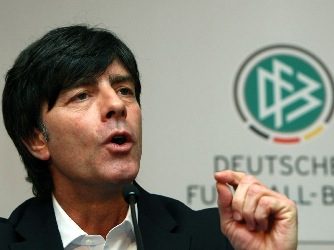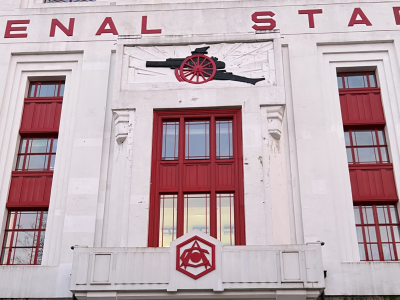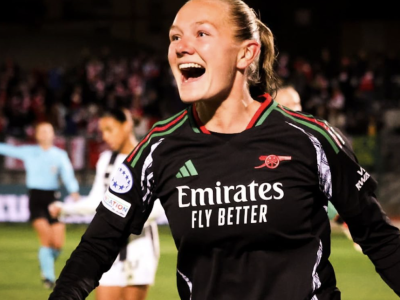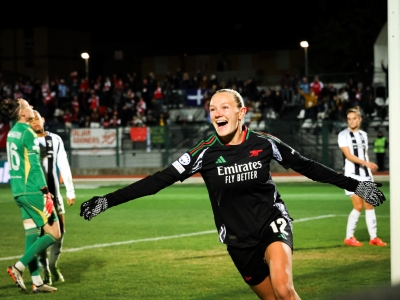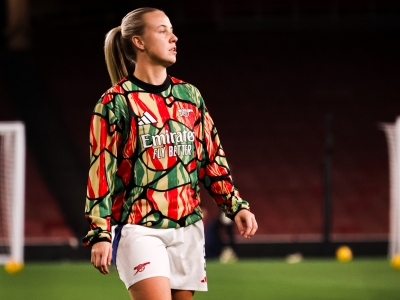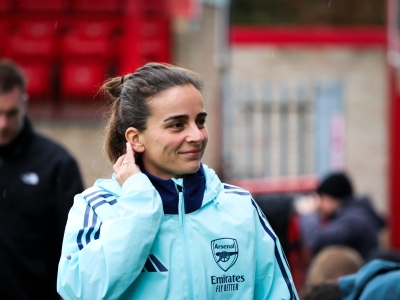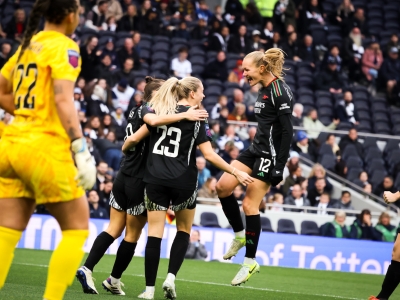As the Gooner civil war is played out between the so-called ‘realists’ and the ‘rose tinters’, one possible bone of contention is the merits of any successor in upholding the 15 year legacy of Wenger’s style of exciting attacking football, fiscal management and regular Champions League qualification. Also under scrutiny in any handover of power would be the extent to which Arsenal’s situation would be bettered as a result of regime change. It is with this in mind that I present a new series of articles based on a thorough review of the realistic contenders to the Arsenal throne, should there be an impending abdication of the reigning monarch - be he pushed or jump of his own accord. First up is the incumbent German National boss Joachim Loew. 51 year old Brett Anderson from Suede look-alike Loew has been the German boss since Jurgen Klinsmann’s resignation after the host’s exit in the 2006 World Cup. ‘Jogi’- as he is known to his friends - had been a surprise appointment as Jurgen’s assistant in 2004, the former Spurs striker had become acquainted with him when he enrolled at the same coaching school as Jurgen. Both he and Klinsmann had the common aim of dismantling the German’s turgid defensive style that had seen a relative decline in their fortunes since winning Euro 96. The only bright spot for the German national side post Euro 96 and before Klinsmann had been the honour of being possibly the worst ever side to reach a World Cup Final in 2002.
In 2004 under Jurgen’s old striking partner Rudi Voeller, the Germans were eliminated after failing to win a single game for the second consecutive European Championships. The reversal of German fortunes however had been almost immediate, coming third in the 2005 Confederations Cup and also on home soil in the 2006 World Cup, losing to eventual winners Italy in the semi finals. Loew had got the gig from the German FA in 2006 as it had been widely acknowledged that he was the tactical mastermind behind the World Cup campaign, as well being based in Germany for most of the national side’s preparations for the 2006 tournament, where Klinsmann in contrast had been domiciled in California. In 2008 Loew had progressed all the way to the final, losing to eventual winners Spain, as was also the case in the 2010 World Cup, this time at the Semi final stage. Loew remains the German manager, though in recent days has been touted as a possible successor to Louis Van Gaal at Bayern Munich - who will be leaving the German super club at the end of the current campaign.
The Case in Favour of Joachim Loew
A key member of the German backroom staff since 2004, Loew has been pivotal in changing the fortunes of the German national side. Since 2004 the German side has won plaudits in many quarters for their brilliant attacking football, including some begrudging English praise after their awe inspiring 4-1 victory over Blighty at the last World Cup which included a spine of players who had been the bane of many a Gooner throughout 2009/10 - such as Wayne Rooney, John Terry, Frank Lampard and Ashley Cole. Loew’s Germany then went on to dish out a four goal massacre of an Argentina side far more technically gifted than that of England. Loew was twice denied silverware by a brilliant Spanish side containing seven players from Barcelona, whom both Cesc Fabregas and Arsene Wenger have referred to as the greatest side of all time. Currently Joachim’s German side top their group with a 100% record and look a cert to qualify for Euro 2012.
Joachim is contracted to the German FA until after the next Euros, by which time a clearer picture on the Wenger project may develop. Should Arsenal be facing a seventh consecutive season with no significant success, Wenger can be moved upstairs for the final two years of his contract as a Director of Football to avoid a payout from Arsenal to terminate his contract while a formal approach for Loew would be permissible. Seeing that the bulk of his success has come in international football, Joachim may be lacking in the areas of domestic football such as negotiating with other clubs and players’ contracts. Here Wenger’s experience can be utilised, allowing a smooth transition. Also, after seven years of relative success with the German national side, Loew’s profile is sufficient to keep the top talent already at Arsenal who may be tempted to jump ship should Wenger not be leading the club.
Also like all great managers, e.g. Wenger, Ferguson, Mourinho, Bob Paisley - his playing career is no great shakes. Loew achieved just four German Under 21 caps in his time as a player. This is oddly a plus point as a football manager - great players such as Hoddle, Maradona, Bryan Robson, Tony Adams and Bobby Moore have all failed at the top level. Many believe this rule is grounded in the fact that great players do not necessarily have the interpersonal skills to make great managers and are often too arrogant to understand why players are not up to their standards on the pitch, let alone begin to improve a player’s failings - a prime example being Hoddle’s treatment of Beckham in France ‘98. Like Wenger in 1996, Loew will also have sufficient links to exploit a golden generation of his nation’s talent. Germany had won the UEFA Under 19 championship in 2008, as well as a 4-0 drubbing of England in the UEFA Under 21 Final in 2009. Seeing that with Arsenal’s 2009 FA Youth Cup victory we have at least nine possible future England players, Loew’s influence may help us snap up future German talent also, possibly attaining some sort of Anglo-German super team as a result.
Should Loew’s knowledge of the English language not be up to scratch, the potential backroom staff options to overcome this obstacle could be promoting Steve Bould to first team coach - retaining the link between the youth produce of 2009 and their mentor, as well as someone well schooled in the importance of wearing the Arsenal shirt by Graham’s ‘remember who you are and what you represent’ maxim of the late 80s to mid 90s, itself passed on from Bertie Mee in the early 70s. Other possibilities for backrooom staff include Jens Lehmann, studying for his coaching badge at Arsenal and now dragged out of retirement as an emergency back up goalkeeper. Competently Anglophonic from five years at Arsenal and seemingly articulate from his TV appearances, Lehmann possibly also offers a better alternative than current goalkeeping coaches Gerry Payton and Tony Roberts who have done a far from impressive job with aiding our current crop of goalkeepers. Loew also brings with him experience of being part of a typically efficient German unit. In the
2006 World Cup Quarter Final shootout, the German goalkeeping coach had analysed all of the penalty taking habits of all Argentine penalty takers prior to the match. All of which had been noted down and passed to Jens Lehmann, which Mad Jens had kept in his socks and referred to just prior to each kick. Loew is also credited with being an innovative coach who changed many of the German’s training habits on his appointment - pretty much akin to Arsenal legends Herbert Chapman and Arsene Wenger in their respective eras. A German invasion of Arsenal’s management and backroom staff may not make us popular with the neutral English fans, not to mention the gutter press of The Sun or Daily Star or the single digit IQ of your average TalkSport presenter. However in the kind of parlance understood by the aforementioned media - Joachim Loew’s maxim at Arsenal may well be ‘we have ways of making you win!’ - and with style and panache too!
His merits for the Arsenal job have also not gone unnoticed among many Gooners, especially if this Facebook group is anything to go by.
The Case Against Joachim Loew
Joachim Loew’s current record as German boss is that he has won endless plaudits from all comers for exciting attacking football, however has won absolutely nothing. He has been part of a German unit that has been beaten semi finalists three times and beaten finalists once - twice eliminated by a Spanish footballing master class - in essence a lot like Wenger’s Arsenal. Also, no prizes for pointing out that managing an international football side is an entirely different beast from running a club side. As an international manager you are not working with players on a day to day basis, you can call up any players you wish who are eligible and you don’t have to deal with contracts, agents and transfer fees. On the other hand, international management has arguably bigger problems not present in club management. In club football selection is not limited by nationality, you are the player’s paymaster and you don’t need to deal with moaning club managers. Club management may be like a piece of the proverbial bodily fluid in comparison to that!
Joachim Loew however has had little if any success in club management. His career started at VFB Stuttgart in 1996, winning the German Cup in his first season. In 1998 they were beaten finalists to Chelsea in the penultimate European Cup Winners Cup Final, a trophy with less credibility after Cup Winners who finished runners up in their leagues qualified for the Champions League instead. He did however finish 4th in the Bundesliga that year. The rest of Loew’s career between leaving Stuttgart in the summer of 1998 and hooking up with the German national side in 2004 is pretty unspectacular stuff - a single season at Fenerbahce, relegating Karlsruher SC to the German third tier and sacked by lesser known Turkish outfit Adanaspor. However he did win the Austrian league with Tirol Innsbruck in 2002 in his first season, which was their third on the bounce. Despite this feat and being the third most successful side in Austrian history, after Loew’s title win FC Tirol were declared bankrupt and liquidated. Considering our Ashburton Grove debts and also being the third most successful side in England’s history, Loew may be the kind of Jonah that the Good Ship Arsenal may do well to avoid.
Final Assessment: A strong contender for the crown and upholder of Wenger’s footballing legacy. However a few questions unanswered over his abilities as a manager at club level - 8 ½ out of 10.

